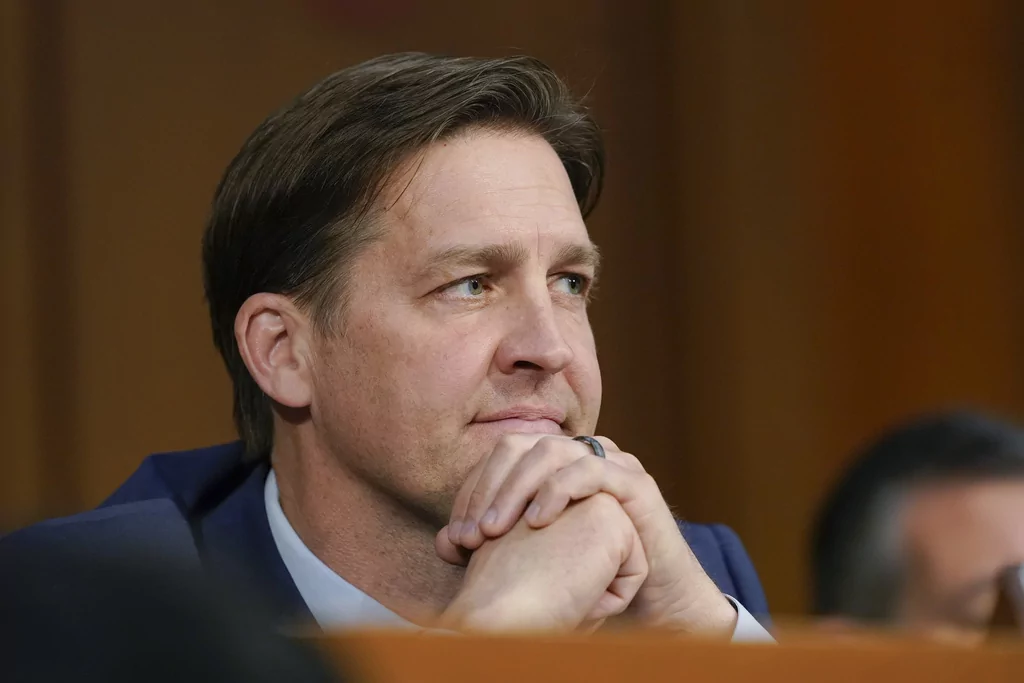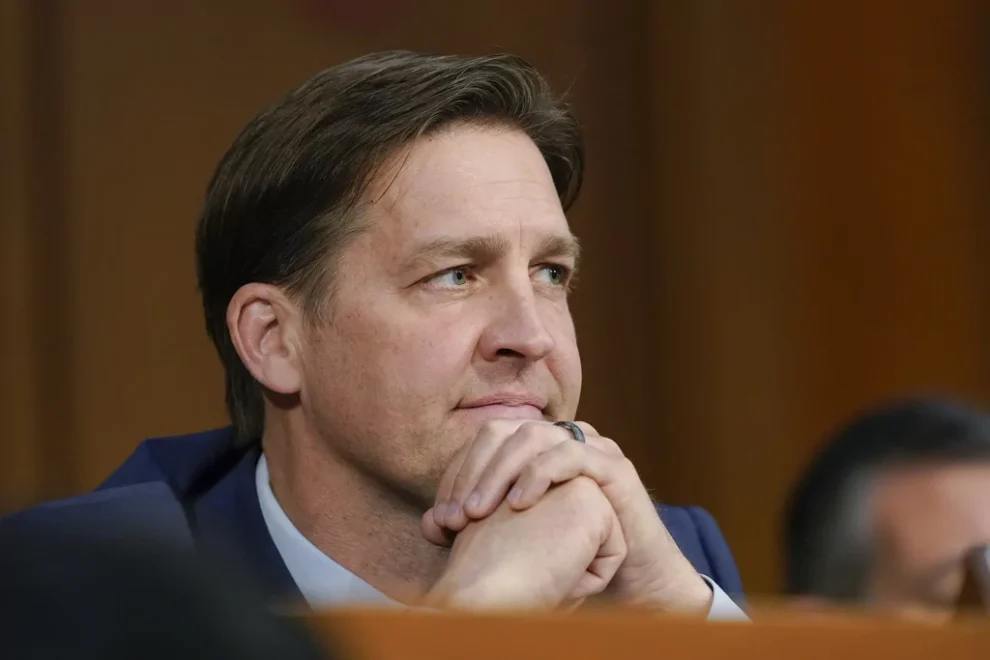Former Sen. Ben Sasse will step down from his post as the president of the University of Florida effective July 31 to spend more time with family amid concerns over his wife’s health.
Sasse has served in the role for roughly a year and a half, and he took over in February 2023 after vacating his Senate seat the month prior. He was appointed as the university’s 13th president in November 2022 by a unanimous vote from the institution’s board of trustees.
“My wife Melissa’s recent epilepsy diagnosis and a new batch of memory issues have been hard, but we’re facing it together,” Sasse said in a Thursday night statement announcing his decision.
He continued: “Our two wonderful daughters are in college, but our youngest is just turning 13. Gator Nation needs a president who can keep charging hard, Melissa deserves a husband who can pull his weight, and my kids need a dad who can be home many more nights. I need to step back and rebuild more stable household systems for a time. I’m going to remain involved in serving our UF students — past, present, and future — but I need to walk arm-in-arm with my dearest friend more hours of every week.”
Sasse requested that the board of trustees search for a successor, but he will continue to serve as president emeritus and teach as a professor at the university that is based in Gainesville, Florida. Sasse’s predecessor, Kent Fuchs, is expected to be tapped as interim president, according to the Alligator, a student-run newspaper.

Sasse was initially set to serve a five-year term that started in February 2023.
He was a senator from 2015 to 2023 and was among the most vocal Republican critics of former President Donald Trump. He was one of the seven GOP senators who voted to convict Trump in his second impeachment trial. Before serving in Congress, Sasse spent years in government and higher education, including as the president of Nebraska’s Midland University, an assistant professor at the University of Texas at Austin, and the assistant secretary at the Department of Health and Human Services.
Despite Sasse’s experience in higher education and his distaste for Trump, his installment as UF president was met with anything but a warm welcome by the student population. Protests erupted over his conservative voting record, particularly on abortion and LGBT issues.
Sasse’s tenure was largely behind the scenes and played out in private, a departure from his predecessor, Fuchs, who approached the role as a more public-facing position in frequent interactions with students on campus.
Sasse made headlines earlier this year for his more aggressive handling of pro-Palestinian student protests at a time when college campuses were being roiled by demonstrations over the war in Gaza, some of which were violent and antisemitic. Nine protesters who were arrested at UF after occupying parts of campus were suspended from the grounds for several years.
CLICK HERE TO READ MORE FROM THE WASHINGTON EXAMINER
A UF spokesperson said in May that the school “is not a daycare, and we do not treat protesters like children.” On the airwaves, Sasse advised other college leaders to take note on how they handled anti-Israel protests.
“You don’t get to take over the whole university,” Sasse, who called himself a “First Amendment zealot,” said in a May interview on CNN’s State of the Union. “People don’t get to spit at cops. You don’t get to barricade yourselves in buildings. You don’t get to disrupt somebody else’s commencement.”
























